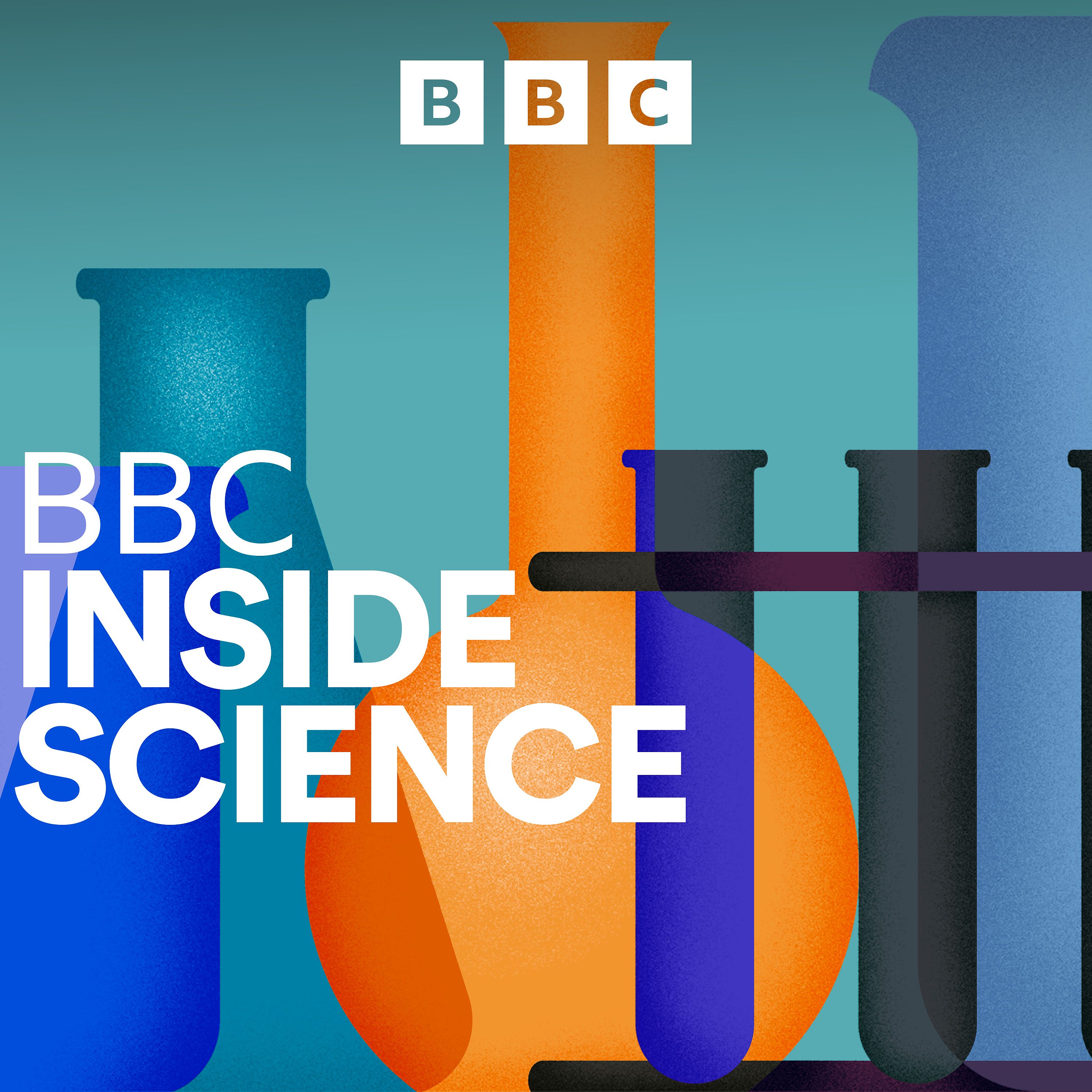

…
BBC Inside Science
…
·…
BBC Radio 4
A weekly programme that illuminates the mysteries and challenges the controversies behind the science that's changing our world.
A weekly programme that illuminates the mysteries and challenges the controversies behind the science that's changing our world.
All
Progress
Duration
Release Date